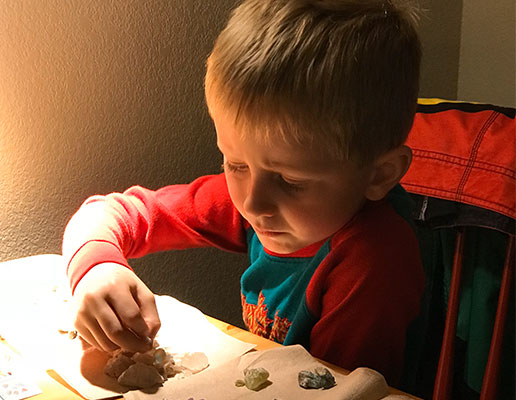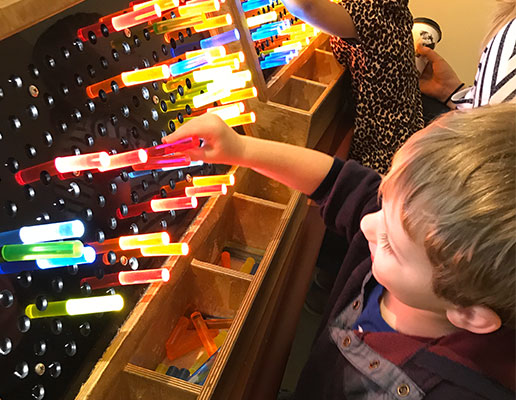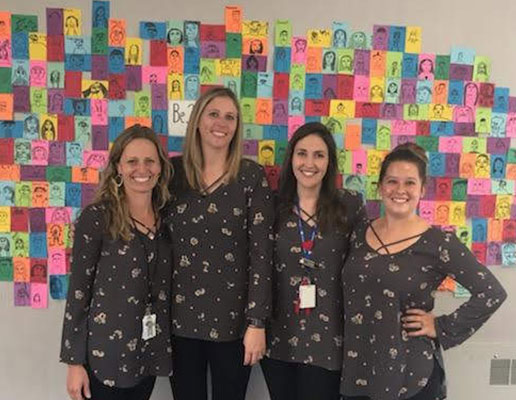-

Evergreen, Colorado
-
Occupational Therapy
At Promising Pathways, we take a holistic approach to therapy, considering each child's unique needs, strengths, and interests. Our experienced and compassionate occupational therapists work closely with families and other healthcare providers to develop individualized treatment plans. We also provide parent education and support to help families continue to promote their child's development outside of therapy sessions.
Our Services
-

Evaluations
Evaluation, Written Report, and Review Meeting
Following an initial phone conversation, we will complete an initial evaluation which may include observations, assessments, review of pertinent records, and caregiver input. Evaluations typically take 1 to 2 hours. After this, the therapist will compile a written report which will be reviewed with you via phone or video conference at a later date.
-

OT Services
One-on-One Sessions
Occupational Therapy sessions focus on working towards goals that the therapist and family collaboratively set together. Sessions typically range from 30-60 minutes in length, and involve the use of therapeutic approaches and activities. Family-only sessions may occur throughout the plan of care to ensure that the therapist and family are on the same page.
-

Consultation
Collaborative Consultation
Consultation sessions can be utilized as a stand-alone service. They aim to utilize a collaborative consultation approach where we can discuss any questions or concerns that you may have, and problem solve together. This may be a good option for you if you feel that you are not quite ready for direct therapy services, but still have concerns and questions. Sessions can occur in person or via phone or video conference.
-

Daycare & Private School Based Therapy
Convenient Time and Location
We understand how challenging it can be to find services that fit into your child and family’s busy schedules. If your child is attending a private school, preschool, or daycare we are happy to discuss options for in-school therapy at a convenient time for your child, the school, and their teacher.




